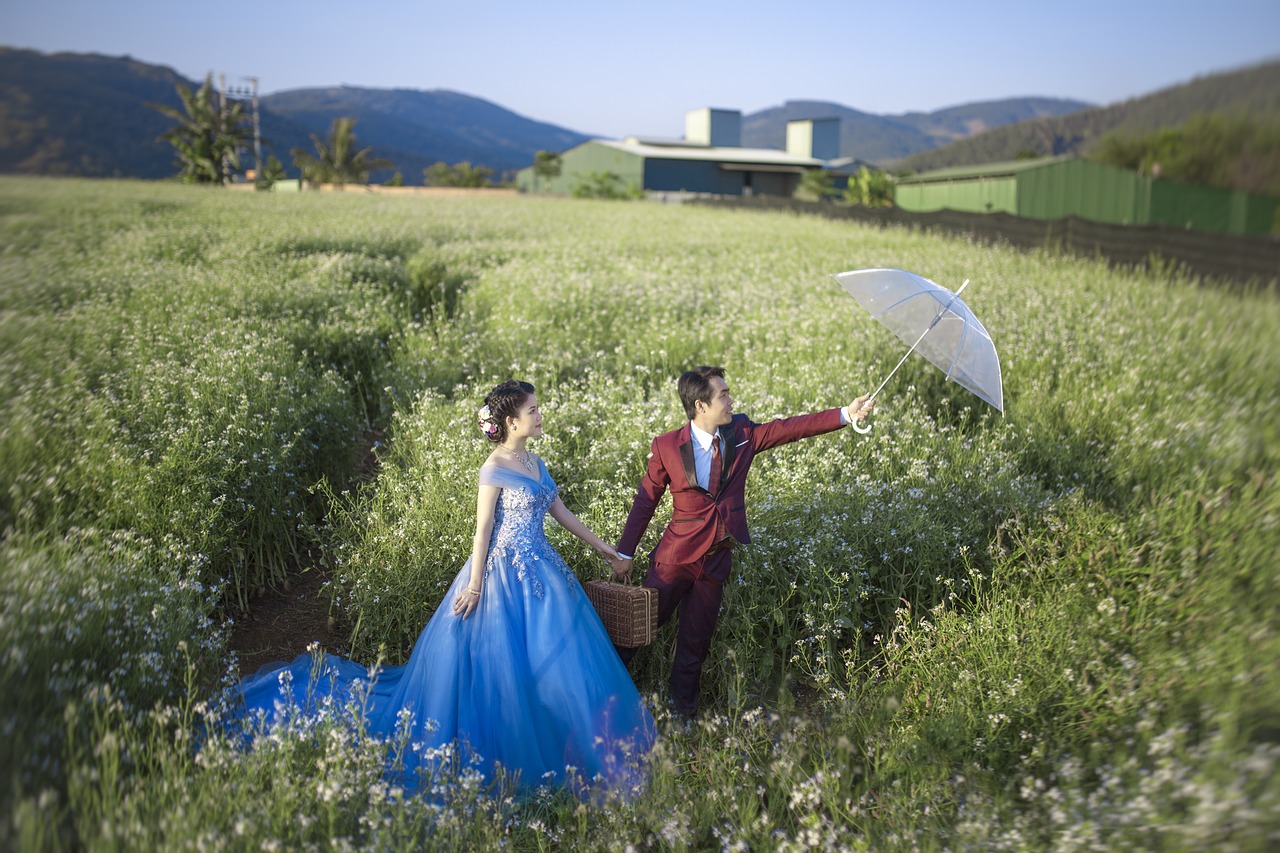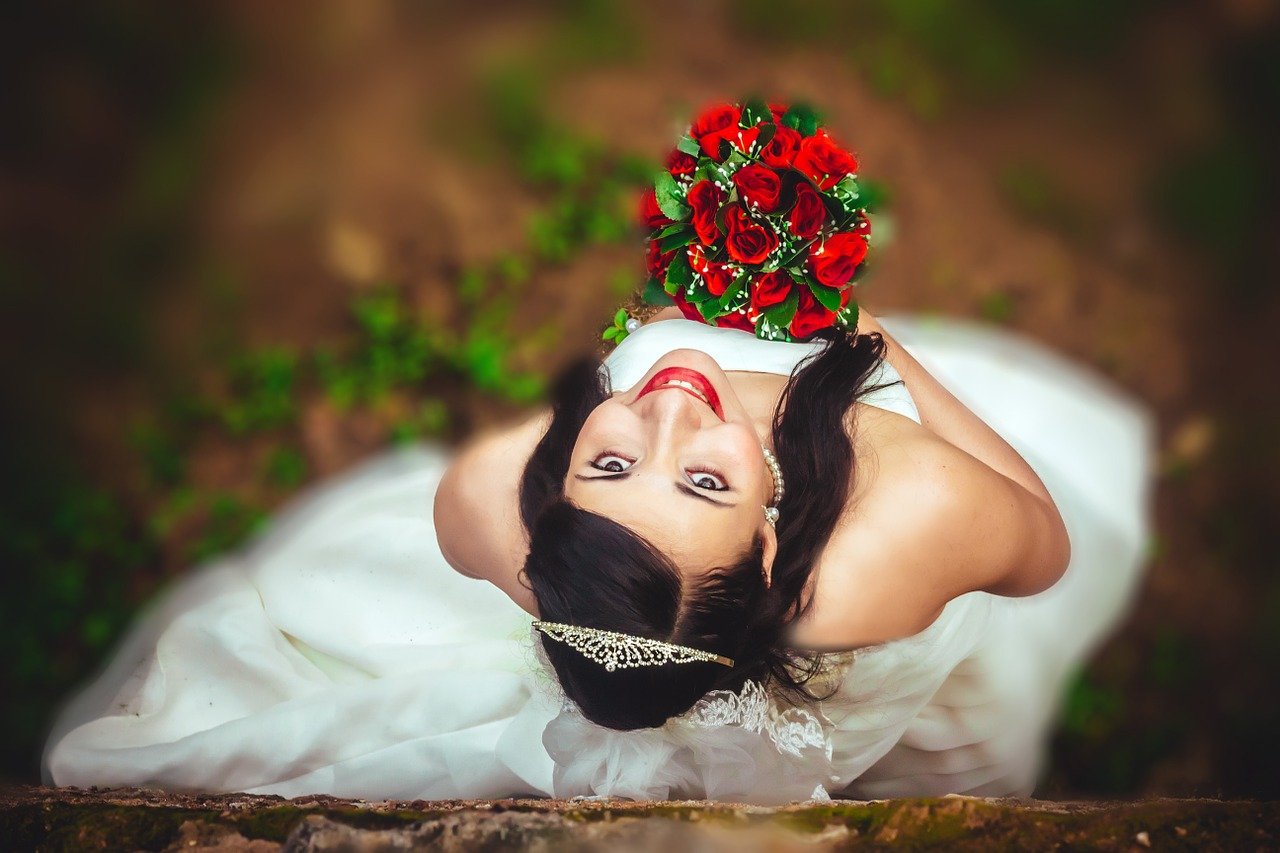Planning a second wedding can feel like stepping into uncharted territory, but with the experience from your first wedding, you can design an event that truly reflects your journey.
Whether getting remarried after a divorce or celebrating an anniversary, there are countless ways to create a meaningful and memorable occasion.
This guide covers everything from second-wedding etiquette to creative ideas for making the day uniquely yours.
Let’s get straight to the point
Planning a second wedding allows couples to create a celebration that reflects their unique journey and values. At the same time, traditional etiquette suggests some considerations, like informing children first and possibly notifying an ex-spouse (especially when co-parenting). Modern second weddings are highly personalised.
Couples can include children in the ceremony, opt for intimate guest lists, and choose attire, locations, and themes that truly resonate. Traditional elements, like bridal showers and registries, can be minimised, and the event often focuses on quality time with loved ones.
Ultimately, a second wedding is an opportunity to honour the growth, resilience, and joy of a new beginning.
Second Weddings

A second wedding typically involves at least one partner who has been married before. Historically, these weddings were low-key affairs, but societal views have shifted today.
Second weddings are now widely celebrated, with more freedom for couples to personalise their ceremony and reception, ensuring the day reflects their love and commitment.
- Children and Family
If either of you has children, it is considerate to involve them in planning and announcing the engagement. This inclusion shows that the wedding is not just a union of two people but the blending of families. - Informing Your Ex
If you share children with your former spouse, it is respectful to let them know about your wedding plans. This can help avoid surprises and make co-parenting smoother during wedding preparations.
Second Wedding Etiquette
Engagement Announcement
Traditionally, children should be the first to hear about the engagement. After informing them, share the news with family and friends. If you share custody, informing your ex about your plans can be beneficial, though it isn’t required unless there’s ongoing cooperation.
Bridal Showers and Registries
Bridal showers and registries aren’t mandatory but can add joy to the celebration. For those who attended your first wedding, you might include a note saying “no gifts please” or suggest donations to a charity if friends or family offer to host a shower.
Consider non-traditional themes that focus on personal interests rather than household items.
Wedding Attire
Wear whatever makes you feel beautiful, regardless of tradition. Modern couples often embrace coloured dresses, unique fabrics, and contemporary silhouettes. If you want to wear white or a classic gown, do so!
Many brides choose something that reflects their personality and lifestyle, from gowns to suits to jumpsuits.
Planning the Ceremony
Involving Family and Friends
Incorporating children into the ceremony can strengthen family bonds. Some brides opt to walk down the aisle with their children or have them involved in readings or special roles. If having attendants feels appropriate, keep the party small to maintain an intimate atmosphere.
Ceremony Traditions
A second wedding provides an opportunity to include or omit traditional elements. You might decide against a bridal party, skip the processional, or invite a close friend to officiate. The beauty of a second wedding is the flexibility to make choices that are meaningful to you.
Announcements and Invitations
Printed invitations are appropriate for larger guest lists, while intimate gatherings might be announced by phone or personal invitations. Invitations can follow traditional wording but can be adjusted to suit your style and the event’s formality.
Creative Second Wedding Ideas
- Unique Date Choices
Many couples choose significant dates, like holidays or the anniversary of their engagement. These dates add personal meaning and create a new anniversary to celebrate together. - Non-Traditional Locations
Destination weddings or ceremonies at special places can bring a sense of adventure and intimacy. From beaches to vineyards or your backyard, consider a setting that reflects your journey as a couple. - Guest List
Second weddings often have a more selective guest list, typically close family and friends. This intimacy fosters a warmer, more personal atmosphere and allows for more meaningful interactions. - Smaller Bridal Party
While first weddings often involve a large bridal party, many couples choose a simpler approach for their second wedding. One or two attendants, often the couple’s children, can make the event more inclusive and focused. - Less Formal Attire
The dress code for a second wedding can be as formal or casual as you wish. Brides often choose coloured dresses, cocktail gowns, or suits, while grooms may wear anything from tuxedos to casual suits.
Second Wedding Reception Ideas
Second wedding receptions are often more relaxed. Traditional rituals, such as bouquet tosses and garter tosses, are optional.
Many couples prefer mingling with guests, enjoying good food, and celebrating without a strict schedule. This informal approach can make the day feel more genuine and joyful.
Second Wedding “Don’ts”
- Avoiding Repeating Events
Large bridal showers, bachelor or bachelorette parties, and extensive registries are often considered unnecessary for second weddings. Instead, consider a small gathering or “couples shower” with close friends and family. - Gift Registry
A second wedding registry should be minimal. Many guests may feel uncomfortable with an extensive registry for a second wedding, so a small list or charitable donations can be tasteful alternatives. - Veils and Attire
Consider a floral crown or elegant hat to avoid wearing a traditional veil. Many brides also wear less formal attire, although the choice is entirely personal.
Adding Meaning to Your Second Wedding

Date and Location
Choosing a meaningful date, like an anniversary or a holiday, can make the event feel extra special. Likewise, selecting a location with sentimental value or a unique experience, such as a destination wedding, adds significance.
Involving Children
Letting children be part of the celebration can make them feel valued in this new family dynamic. They can participate by helping with invitations, picking outfits, or even creating decorations.
Choosing a Theme
Many second weddings incorporate subtle themes that reflect the couple’s personalities, such as a shared love for books, travel, or a particular colour scheme. Rather than elaborate themes, opt for an understated aesthetic that captures your shared interests.
Planning an Intimate Reception
An informal reception allows you to spend more quality time with your guests. Consider a brunch, BBQ, or even a relaxed beach gathering. Children can easily be included, creating a family-friendly event that encourages bonding.
Second Wedding Etiquette Tips
- Involve Your Children Early
If either partner has children, keep them in the loop. This will help them feel included and reduce anxiety about the upcoming changes. - Focus on Family and Friends
With a smaller guest list, you can make each guest feel special. Take the time to connect with each attendee, creating a warm and memorable event. - Honour Your Journey
Every relationship is unique, so let your wedding reflect the journey you and your partner have shared. Whether you want to include traditional vows or write your own, the most important thing is that it feels authentic to you. - Set Clear Boundaries
If you’re on good terms with an ex, it may be tempting to invite them, especially if they are close to mutual friends. However, consider the feelings of your partner, children, and other guests before making this decision. - Choose Meaningful Vows
Writing personal vows can be a beautiful way to acknowledge your and your partner’s unique journey. Many couples choose vows that reflect the values they’ve learned to cherish through experience.
Conclusion
A second wedding offers a wonderful celebration of love, resilience, and growth. Without the pressures or expectations of a first wedding, you and your partner can create a day that truly represents who you are as an individual and a couple.
Whether you celebrate with an intimate group of loved ones or go all-out with a grand celebration, remember that this day is about honouring the relationship you have built together.
Embrace the joy of a fresh start and the opportunity to build new memories in this new chapter of life.
FAQs About Second Wedding
What Is Appropriate for a 2nd Wedding?
Nowadays, a second wedding reception can range from close family and friends at a restaurant to a seaside destination to a black-tie ballroom party. Create an atmosphere different from your first wedding(s) with different details and elements, so it doesn’t feel like déjà vu.
What Should a Bride Wear for Her Second Wedding?
Brides magazine reports that second-time brides can wear colours other than white. This means that champagne, pink, blue, or any other colour flattering to your skin tone is suitable for your gown
How Long Do People Date Before Second Marriage?
Get to know each other better by dating for two years. A year is a minimum, but dating for longer can improve your relationship. Research shows that dating for up to 2 years can reduce a couple’s chances of divorce by roughly 20%.
Do You Have a Shower for a Second Wedding?
Sure, showers are often held for second brides, but be sure to follow second wedding etiquette rules. As with first weddings, only wedding guests (those invited to the ceremony) should be invited.
Who Pays for the 2nd Wedding?
The bride and groom usually split the cost of the second wedding. If your parents offer to contribute, graciously say yes, but don’t expect them to foot the entire bill.

